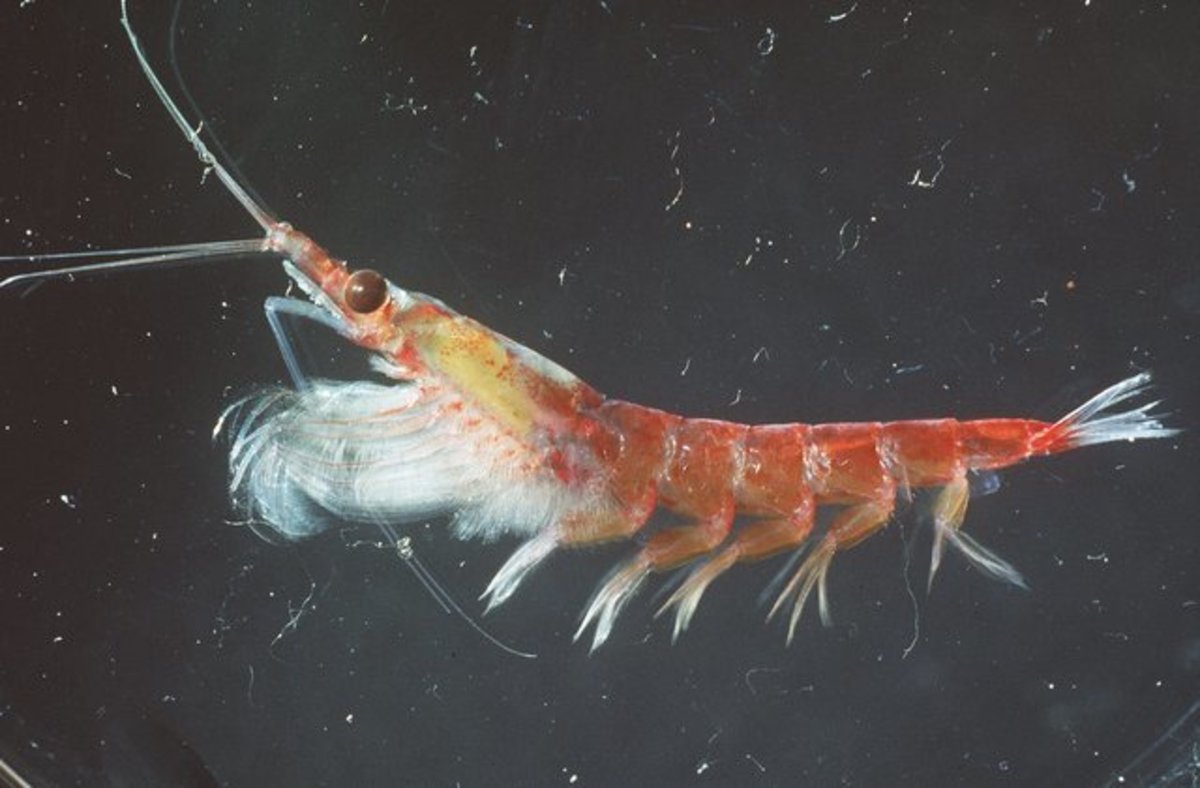What's All the Fuss About Fish Oil?

Supplement vs. Natural Source
Fish oil consists of Omega-3 Fatty Acids; essential nutrients for your health and well-being. These Omega-3's are not made naturally in the body, therefore we must consume them. So why isn't everyone taking fish oil tablets? Well, concerning those who consume fish regularly in their diets, especially in the forms of species such as wild salmon,it is not necessary to supplement with fish oil as well. In fact, I would recommend that anyone eat fish in a natural form instead of consuming it through a supplement. This has been shown to be even more beneficial for your health! Not only do natural forms of fish have far more nutrients and health benefits, but they also have been proven to produce higher levels of Omega-3's in the body. What is the reason for taking fish oil supplements then? For those who cannot consume fish two to three times per week, a supplement should be utilized.The issue is very similar to that of multivitamins, which I covered in a previous post. Not everyone needs to supplement with it, accordingly you must analyze your diet and respective needs before making a decision.

The Health Benefits of Fish Oil
Fish oil, whether found in a natural source or supplement, has many health benefits, such as:
- Lowering blood pressure
- Lowering triglyceride levels in the body (and subsequently lowering cholesterol)
- Preventing against heart disease and stroke, certain types of cancers, Alzheimer's disease, inflammation in the body, and depression
- Preventing/Treating diabetes, joint pain, dry eyes, and asthma
- Enhancing cognitive function
- Assisting in weight loss
- Improving general mood
Obviously, fish oil and Omega-3's are important. Therefore, it is vital that you know what to look for when purchasing a fish oil supplement!
What About Krill Oil?
Utilizing the thought process from number two regarding the size of the fish and the amount of pollutants, it would be logical to assume that krill oil would be even better to consume as you cannot get much lower on the food chain than this! There is truth to this statement as well! Krill oil is sold on the market and is boasted as having even better health benefits than fish oil. The problem here is that krill oil has not been scientifically tested and proven to be better or for as long a time, so for the time being fish oil is still generally recommended over krill oil. Nevertheless, keep up to date on your research and don't be surprised if you hear more and more about krill oil in the near future!
Rancidity Check
One trick to test if your pills have gone rancid is to poke a small needle in one of them. If the smell is intolerable and sour you should probably toss them!
Choosing the Right Supplement
There are a few things to keep in mind when looking for the right fish oil supplement.
- Make sure that it is molecularly distilled and third party tested. This is the best distilling process to date and third party testing ensures safety. It is the most efficient way to get rid of pollutants and other hazardous entities.
- Look for supplements that are derived from fish that are lower on the food chain such as sardines and anchovies. Although wild salmon are great to eat, they are actually not preferable for supplements, and neither are other bigger sized fish like cod, herring, etc. This is because fish oil supplements are a purer source that are absorbed more directly into your blood stream than when fish oil is consumed naturally. Pollutants and other hazardous entities will have a much greater effect on your body when absorbed in such a way, therefore it is important to be consuming a purer source. Fish that are lower down on the food chain eat things that are even smaller. Due to this thought process, the larger the fish, the more pollutants you will find, and vice versa with smaller fish.
- Make sure that the fish being harvested are caught in the wild. If they are farmed fish then their is no telling what could be in them. They also will not have the same nutritional benefits as their wildly-caught counterparts due to their farmed diets and artificial living conditions.
- EPA and DHA levels. These two Omega-3 derivatives are the molecules that you are looking to consume for the health benefits. Between the two look for a serving that can provide you with at least a combined 600 mg total!
- Make sure that your pills are not going to go rancid. When this happens, all of the health benefits are reversed and the pills are actually bad for you! Look for fish oil supplements that have additives such as vitamin E or antioxidant blends that are used in order to preserve the pills. Furthermore, keep your pills out of direct sunlight and in a moderate temperature.
This is my favorite fish oil. The company is family owned and they provide quality products. If you sign up for their newsletter on their website and send them an email you will actually be eligible for a free trial of this fish oil supplement!









